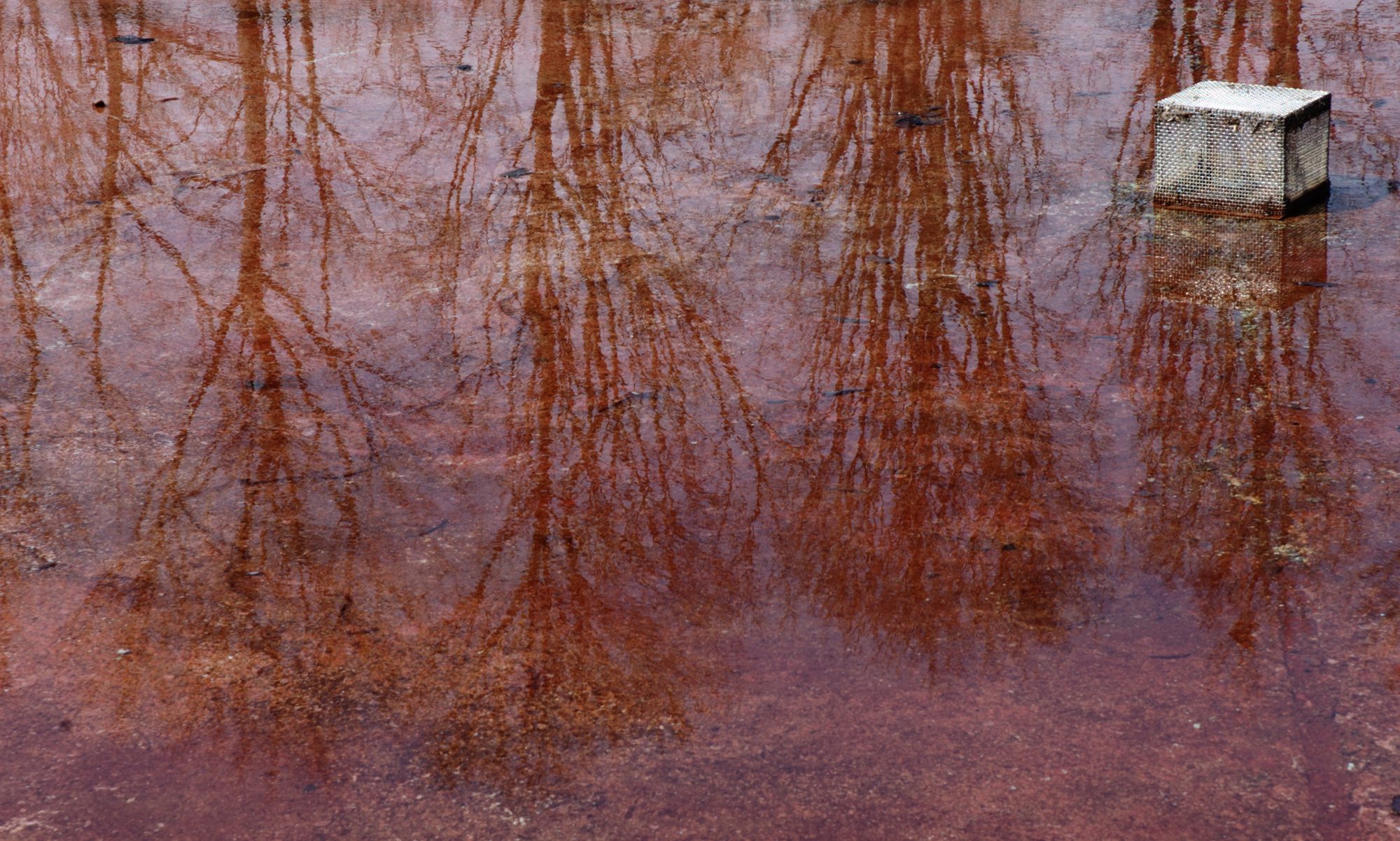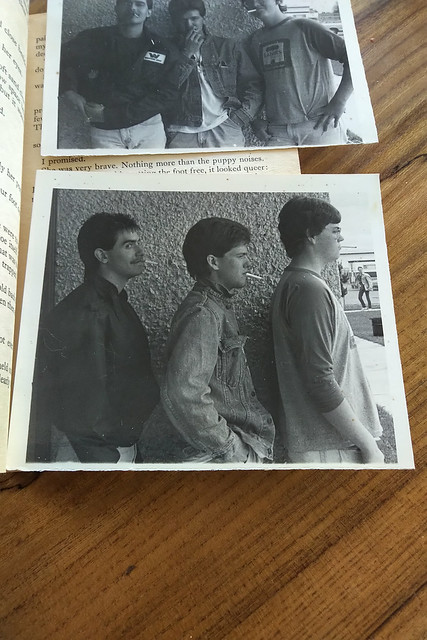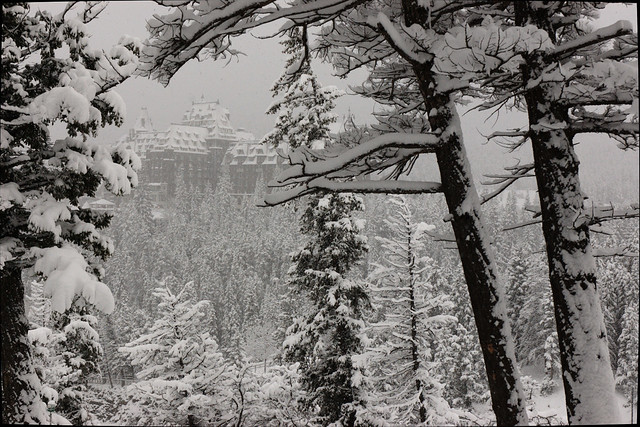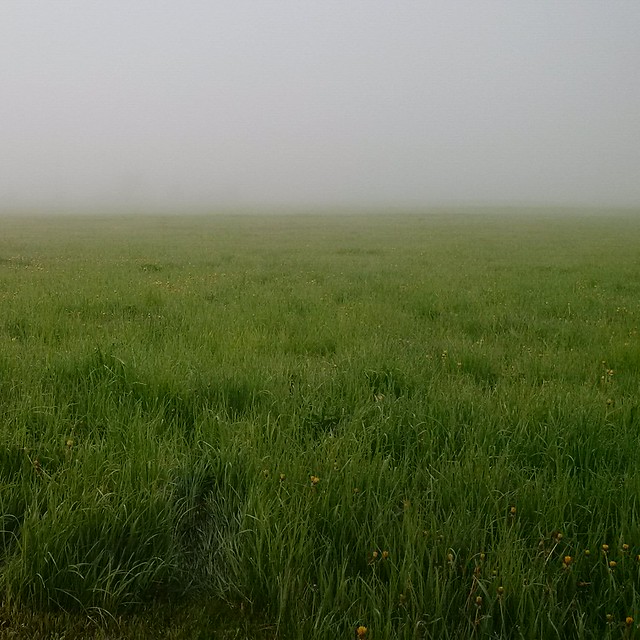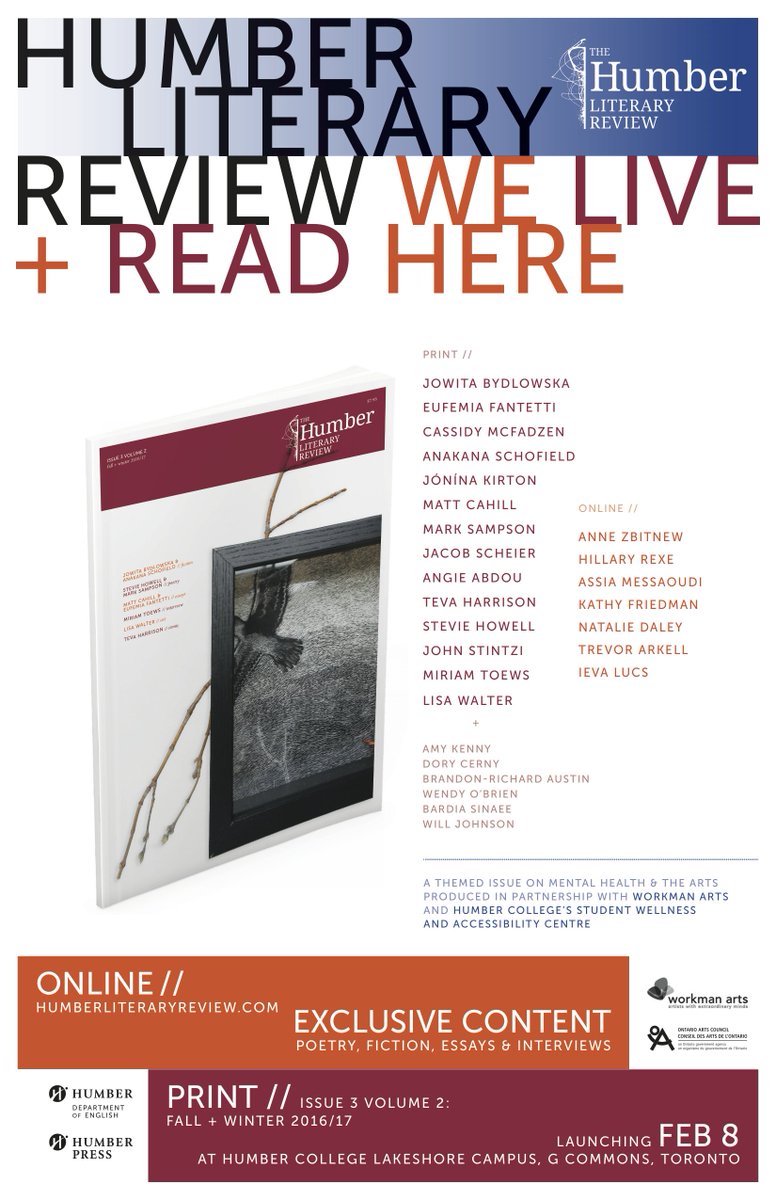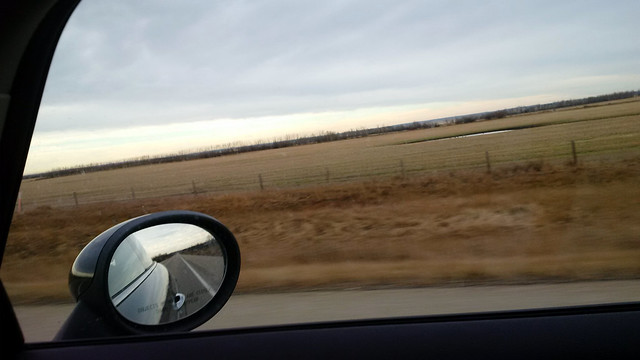One casualty of the COVID-19 lockdown has been the fact that I can’t read fiction. The good news is that this doesn’t affect my ability to read/revise my own writing, however any plans I’d had to finish or start something transportive I’ve had to set aside.
My assumption is that this is a product of low-level fight/flight/freeze instinct at play. Once again, there’s a very real danger out there, after all. A lot of very real deaths out there, too, which has in turn halted the world’s economies. Mass layoffs, and entire industries staring into the mirror, wondering what awaits them around the corner. Fast-forward two endless months, and each province, state, and country is playing a game of How Much Do We Open, some more cagily than others. And still the thrills and chills — commercial real estate as we know it may be undergoing a paradigm change — continue.
Whatever the reason, I just don’t have the space for fiction at the moment. I have enough room in my head to be able to navigate the world (as well as the fictional ones I’ve created) and that’s about it. And, believe me reader, I would love nothing more than to finish Ludmila Ulitskaya’s The Big Green Tent, which is a lovingly told novel about the lives of a trio of young men (and by extension their loved ones and colleagues) in post-Stalinist USSR. I suppose the good news is that I get to savour it?
As for non-fiction? I’m mainlining that shit. And I’m so thankful for my subscriptions to the Literary Review of Canada, and (a Christmas 2019 gift) the London Review of Books. Yes, make of this what you will, but though I don’t have room in my head for fiction, I have more than enough for reading essays about books (some of which are fiction).
I’m also thankful that I’d started learning a musical instrument last year — being able to practice guitar (and, more importantly, relearn a lot of music theory I’d abandoned decades ago) allows me to appreciate music in a fuller way than I have previously as just a listener/devotee.
So, perhaps it bears repeating: there are no awards being handed out when this is all over, because the “all over” will neither be soon, nor easily measurable because it stands to happen very gradually (and I’m not placing any bets on the “all” part). A lot of us who have had our self-development routines halted — going to the gym, dance class, recreational team sports, for instance — are looking for ways to perform (on a basic level at least) so that we feel some sense of personal progress. And the truth is that I think we will all be left on our own to make sense of this, in our own ways — which is perhaps the equivalent of a participation badge rather than an award.
Just make the best of it. Don’t expect a lot, because this is a crisis. Take whatever you can find in terms of growth and accept that for what it is. Routines will come, but later. Relaxation will come, but later. Reading fiction (for me, at least) will come, but later.
